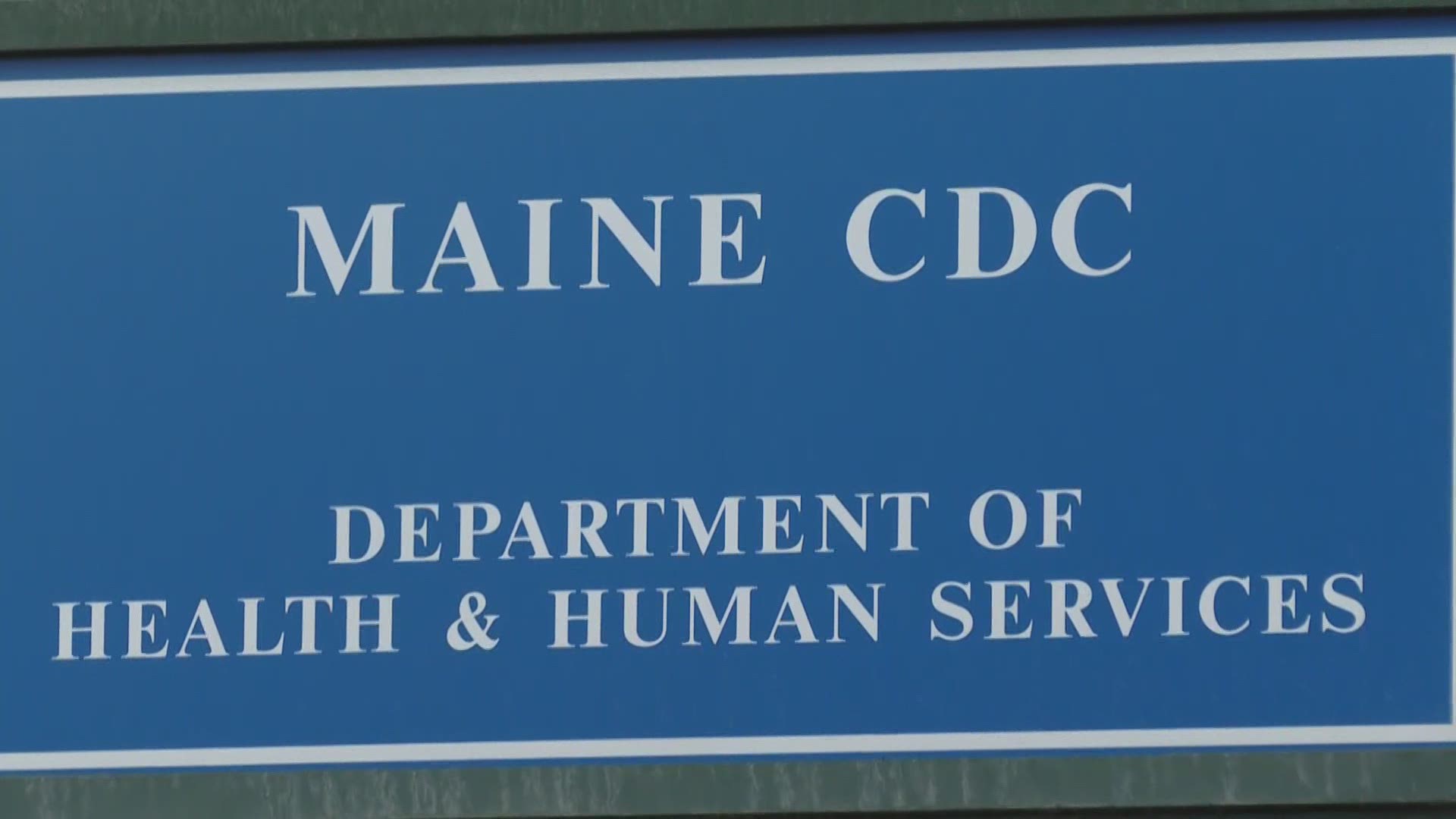AUGUSTA, Maine — States across the country were thrown for loop this week after the federal government said there actually isn't a reserve of second COVID-19 vaccine doses as they were led to believe. Maine CDC Director Dr. Nirav Shah on Friday said the announcement from U.S. Department of Health and Human Services Secretary Alex Azar has brought more questions than answers.
According to Shah, states—including Maine—believed the federal government and Operation Warp Speed had second doses held back in reserve, which now would be “released” to states in order to help turn up the dial on vaccination efforts and get more shots into arms.
But according to Shah and reports from The Washington Post, the “reserve” was already exhausted when the Trump administration vowed to release it. Instead, doses are being sent to states directly from the production line. The realization has thrown a wrench into vaccination plans across the U.S.
Oregon Gov. Kate Brown on Friday tweeted she had heard of the news, saying she confirmed it directly with Operation Warp Speed: "States will not be receiving increased shipments of vaccines from the national stockpile next week, because there is no federal reserve of doses."
Washington Gov. Jay Inslee demanded answers from the Trump administration Friday, saying, "Governors were told repeatedly by @HHSgov there was a strategic reserve of vaccines, and this week, the American people were told it’d be released to increase supply of vaccine. It appears now that no reserve exists. The Trump admin. must answer immediately for this deception."
Even though Maine had already been in a relatively strong position compared to other states, Shah says the Maine CDC was positioned to increase their efforts even more. But on Friday, those expectations were put in jeopardy with the news from Azar.
Among other things, Shah says this change means that the anticipated increase in doses that may have started coming into states from clearing out shelves in the federal stockpile may not happen.
Shah says the state has just learned about this information and are working to find out more details about what this means and what the implications will be. It may also mean that Maine may be continuing with the current supply constraints for the foreseeable future.
Shah says the bottom line is the change does not affect who may be vaccinated or where in Maine’s vaccination plan someone may be vaccinated. However, it may affect how quickly people may receive the vaccine. Again, Shah says they are working to find out additional information for what this means for states, specifically around the velocity with which they can vaccinate.
Shah says based on what he was told Friday morning, the second doses will continue to be delivered to states as they are produced. But again, they are not being from a reserve of doses.
Shah says they are trying to get further information about whether or not this change will affect how many doses Maine receives each week.
"We have hoped that the announcement from U.S. HHS from Secretary Azar earlier this week, that second doses would start being released from the shelves, would in fact increase our allocation," Shah said. "Indeed, but based on what I was told this morning, that may or may not happen. And if it does, it may not happen as quickly as we had hoped."
"Right now, there are more questions than there are answers,” he said.
Maine's week six vaccine allotment, however, has not changed—although Shah says they had hoped for an increase. Instead, the allotment has remained flat.
"While we remain concerned about the limited and unpredictable supply of vaccine from the federal government, our progress in vaccinating Maine’s health care critical infrastructure continues," Maine DHHS Commissioner Jeanne Lambrew said in a release Friday. "[Friday's] order allows us to continue vaccinating people in long-term care settings, start vaccinating other emergency personnel, and turn toward Maine residents whose health and lives are at greatest risk from COVID-19."
Shah says the state has been working on finding vaccination sites across Maine that tick off the proper boxes (access, geographic location, ability to have spacing, etc.) and they've started identifying spaces that will be suitable. Shah says the news today from the federal government doesn't necessarily change their planning efforts, and they're still "moving full speed ahead."
If and when Maine's vaccine supply increases, Shah says, the state wants to be ready to activate those sites as soon as possible to be able to offer that community-level vaccination.
"We're concerned by today's news, disappointed—but we're not slowing down what we're doing on our end," Shah said.
Maine Gov. Janet Mills did not immediately respond for comment.

